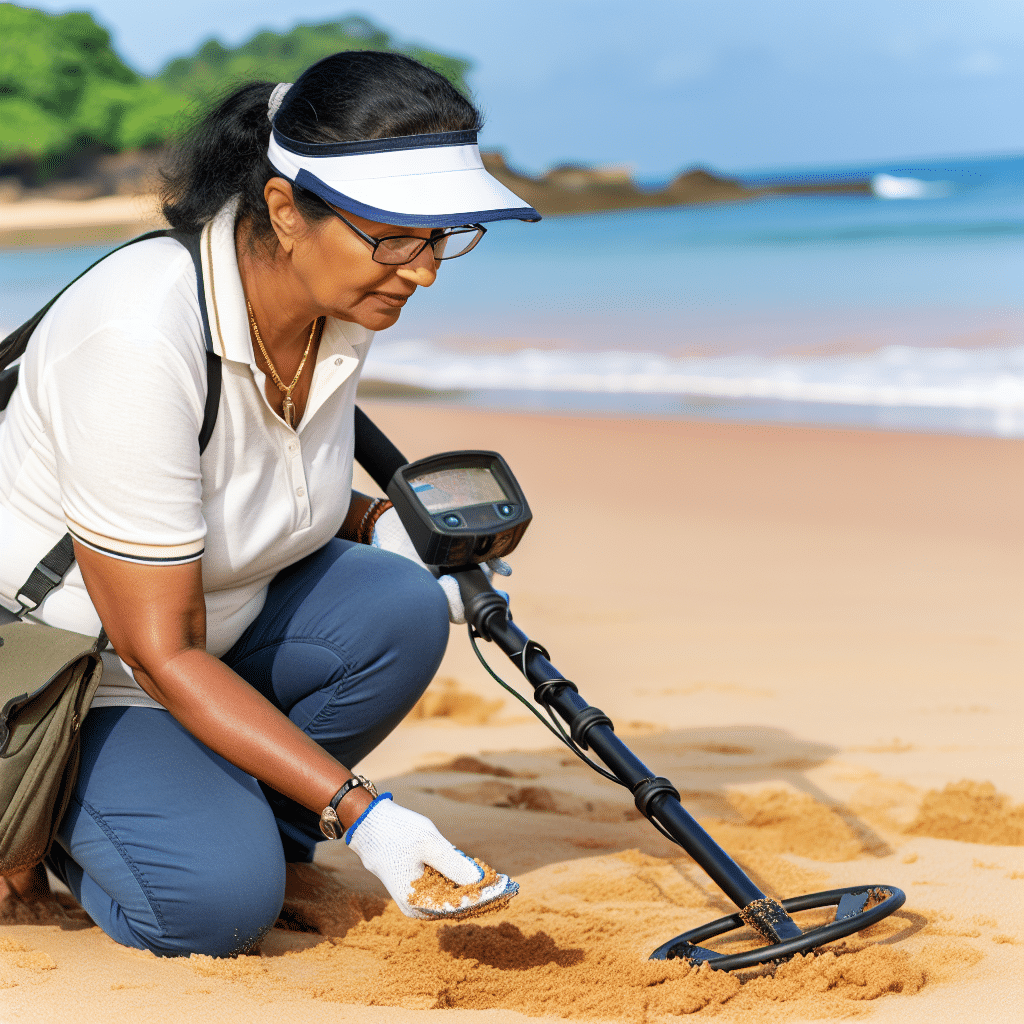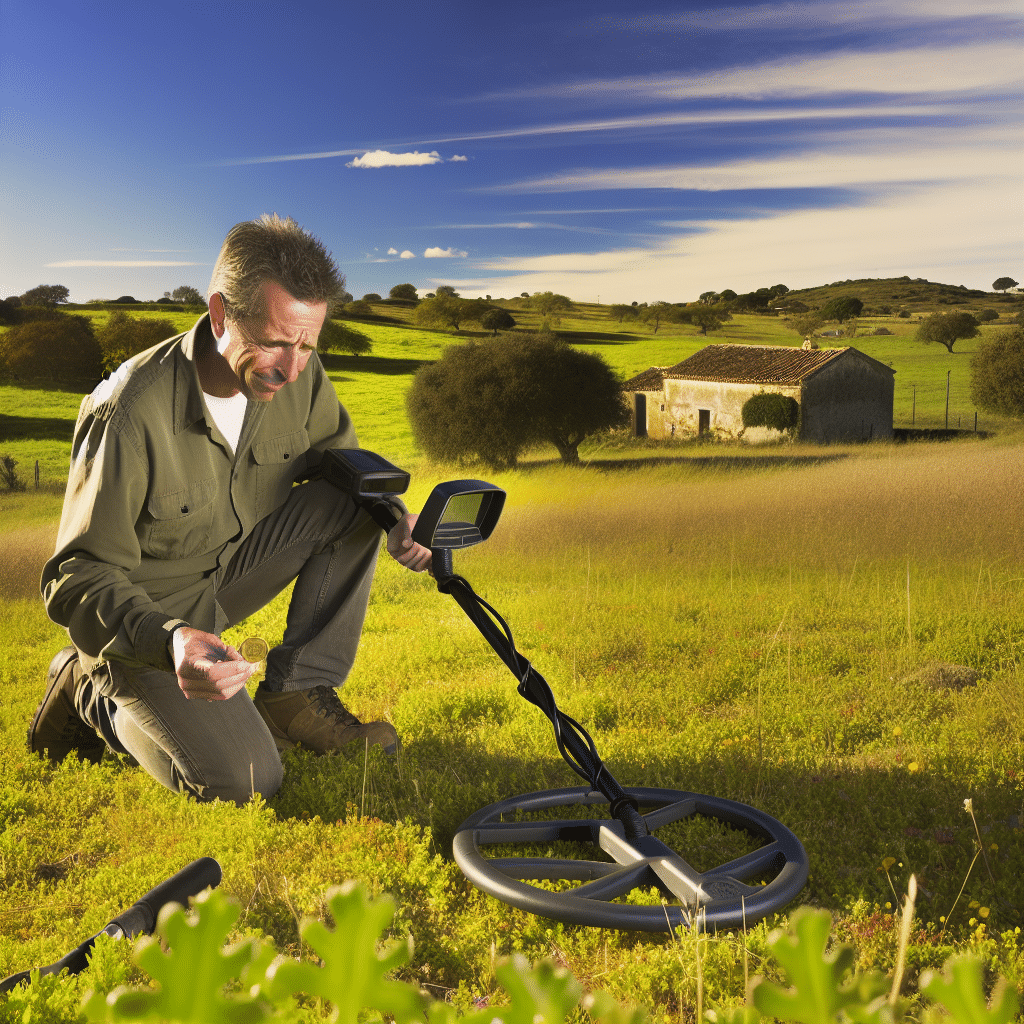Metal detecting is an exciting hobby that holds the promise of unearthing hidden treasures from the past, whether that’s ancient coins, historical artifacts, or modern-day lost items. However, before you grab your metal detector and head out to explore, understanding the legalities involved—especially the need for a metal detecting permit—is crucial. This article will delve into what a metal detecting permit is, why it’s essential, and how you can obtain one.
Why Do You Need a Metal Detecting Permit?
Legal Obligations
One of the primary reasons you need a metal detecting permit is to comply with legal obligations. Metal detecting isn’t just a casual hobby; it involves digging and potentially disturbing areas that could have archaeological significance or belong to private or protected lands. Without proper authorization, you could face hefty fines, confiscation of equipment, or even criminal charges. Obtaining a metal detecting permit ensures you are legally covered and aware of the regulations you need to follow.
Environmental Preservation
Another critical aspect is environmental preservation. Many areas where metal detecting might be effective—such as beaches, parks, and historical sites—are fragile ecosystems or cultural heritage sites. A metal detecting permit often comes with guidelines on how to responsibly conduct your search to ensure minimal environmental impact.
Where to Get a Metal Detecting Permit?
State and Local Authorities
The specific process of obtaining a metal detecting permit can vary depending on where you live and where you plan to conduct your searches. Generally, permits are issued by state or local authorities. It’s advisable to start by contacting your local government office or visiting their website to find out about the specific requirements and forms you need to fill out.
National Parks and Protected Areas
If you are interested in metal detecting in national parks or protected areas, the process can be more stringent. These areas often have stricter regulations to preserve their historic and environmental integrity. For these locations, you may need to apply through the National Park Service or other federal agencies. The application process may also involve providing detailed information about your planned activities, the equipment you’ll be using, and sometimes even the purpose of your search.
How Much Does a Metal Detecting Permit Cost?
Variable Costs
The cost of a metal detecting permit can vary widely depending on factors like location, duration, and the type of land you plan to search. In some jurisdictions, permits may be free or have minimal costs, while others may charge a fee that ranges from $10 to $100 or more. It’s essential to inquire about the costs upfront to plan accordingly.
Additional Considerations
Besides the permit fee, there might be additional costs involved, such as fees for submitting detailed maps or environmental impact assessments, depending on the area. Always check for any hidden costs to avoid surprises.
What Are the Key Rules and Regulations to Follow?
Area Restrictions
Even with a metal detecting permit, there could be specific areas within a larger site where detecting is prohibited. Always ensure you are well-versed with the restricted zones and respect them.
Reporting Finds
Many permits come with the stipulation that you must report significant finds, especially if they are of historical or archaeological importance. Failing to do so can result in legal repercussions and the revocation of your permit.
Environmental Guidelines
Permits often include environmental guidelines to ensure that your activities do not harm the site. These can range from how deep you can dig to how you should refill holes and care for wildlife.
How to Make the Most of Your Metal Detecting Permit?
Research Thoroughly
Before heading out, make sure you thoroughly research the area you are planning to explore. Knowing the history, geography, and potential hotspots for finds can make your search more fruitful and compliant with regulations.
Join a Club or Community
Joining a metal detecting club or community can offer invaluable insights and tips. Many clubs have experienced members who can guide you on best practices and help you navigate the legalities involved.
Keep Detailed Records
Maintain detailed records of your searches, finds, and any interactions you have regarding your permit. This not only helps you stay organized but can also be useful if any legal questions arise.
Conclusion
In summary, a metal detecting permit is an essential tool to ensure that your treasure-hunting activities are legal, ethical, and responsible. By understanding the laws, obtaining the necessary permits, and adhering to regulations, you can fully enjoy your hobby while preserving the environment and respecting cultural heritage sites. So before you embark on your next adventure, make sure you have all the required documentation to dig up the past responsibly.




